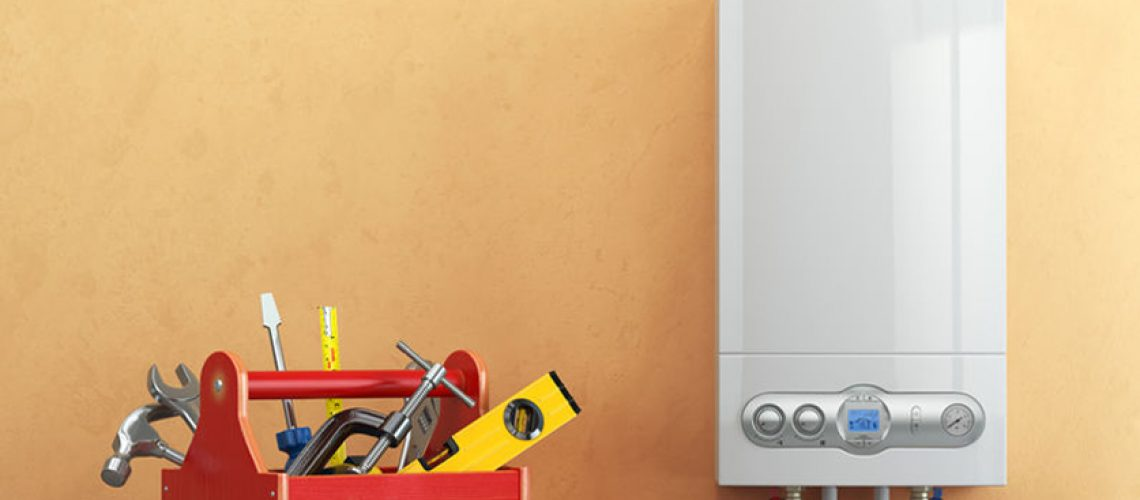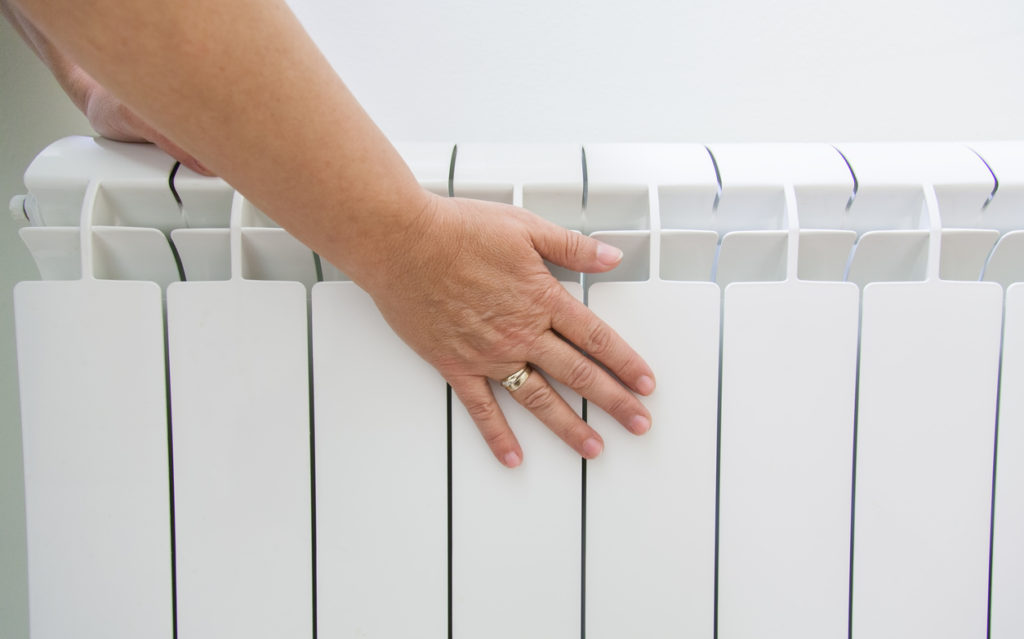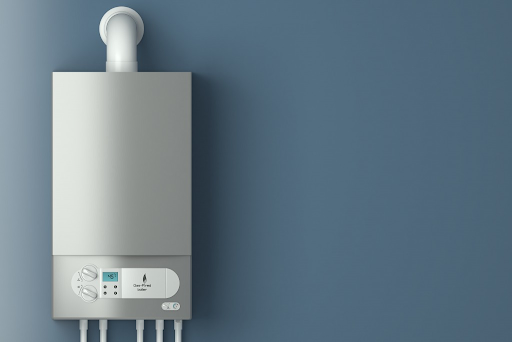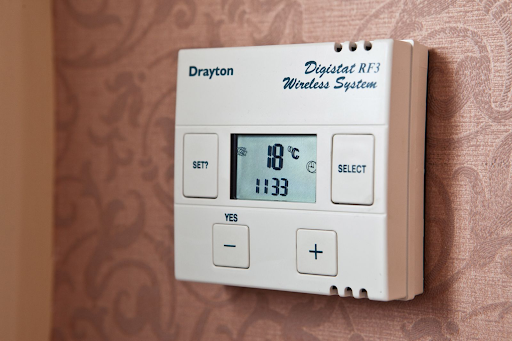
Most people think that a boiler breakdown in the winter is top of the list of homeowner disasters. However, it can be just as catastrophic for your boiler to break down in the summer, especially if your boiler also provides hot water. Boiling the kettle to do the washing up can quickly become tiresome, so you’ll want to take steps to ensure your boiler stays in tip-top shape throughout the year.
It’s important to get to know your boiler so that you can learn the signs that a break down is imminent. Preventative care in the form of annual service can often be far more cost-effective than engineer call-outs. Thankfully, there are central heating cover options to help you manage the cost of boiler maintenance and repairs.
If you want to avoid costly call-outs, look out for these common signs that your boiler is on the blink…
Check your radiators for cold spots
Your radiators should be warm all over, not just at the top or the bottom. If your radiators are heating up unevenly, you may need to bleed your radiators. This will allow trapped air to escape from your central heating system. If this doesn’t solve the problem, you may have an issue with your boiler.
Look out for water damage near your boiler
If you notice water damage on the floor or walls near your boiler, you may have a leak. A leaky boiler is already problematic, but it can also lead to further complications if left alone. Make sure you check your boiler regularly for signs of damp or even small drops of water on the pipes.
Look out for black marks on your boiler
If you have an older boiler with a pilot light, problems with the pilot light can often be identified by scorching / black sooty marks around the boiler or a musty smell. You should treat this as an emergency. Turn your boiler off immediately and seek the help of a gas engineer.
Look for changes in your pilot light
Modern energy efficient boilers don’t have a pilot light, but your boiler may be older. If you do have a pilot light, it’s important to look out for changes which might mean that the flow of gas is blocked. Common changes include the flame turning yellow or orange and the flame becoming elongated and long. Stop using your boiler and call an engineer if you notice a change to your pilot light.
Listen for strange noises
Listen out for changes in the noises made by your central heating. Ticking, clanking, whistling, humming or dripping could all be signs that there is a problem with your boiler and your central heating system. Being familiar with all of the normal sounds can help you to identify when something is amiss.
Look out for changes in water temperature
Has your hot water tap lost pressure? Does the hot water cut out mid shower? Or do you simply have no hot water at all? Being aware of what’s normal when it comes to your hot water will help you to spot when something is amiss. No one wants to face a cold shower in the winter time, so make sure you call an engineer quickly if you notice an issue with your boiler.
Check your thermostat
Your thermostat is an important part of your central heating system. It allows you to change the temperature in your home from one central location. If this isn’t working for some reason, you might find that your central heating isn’t as efficient as it could be. If your thermostat has lost is accuracy or if the timer is wrong, you might want to call out an engineer to service your whole central heating system. In some cases, it can be as simple as needing to change the batteries in your thermostat.







 POSTED BY
POSTED BY 

